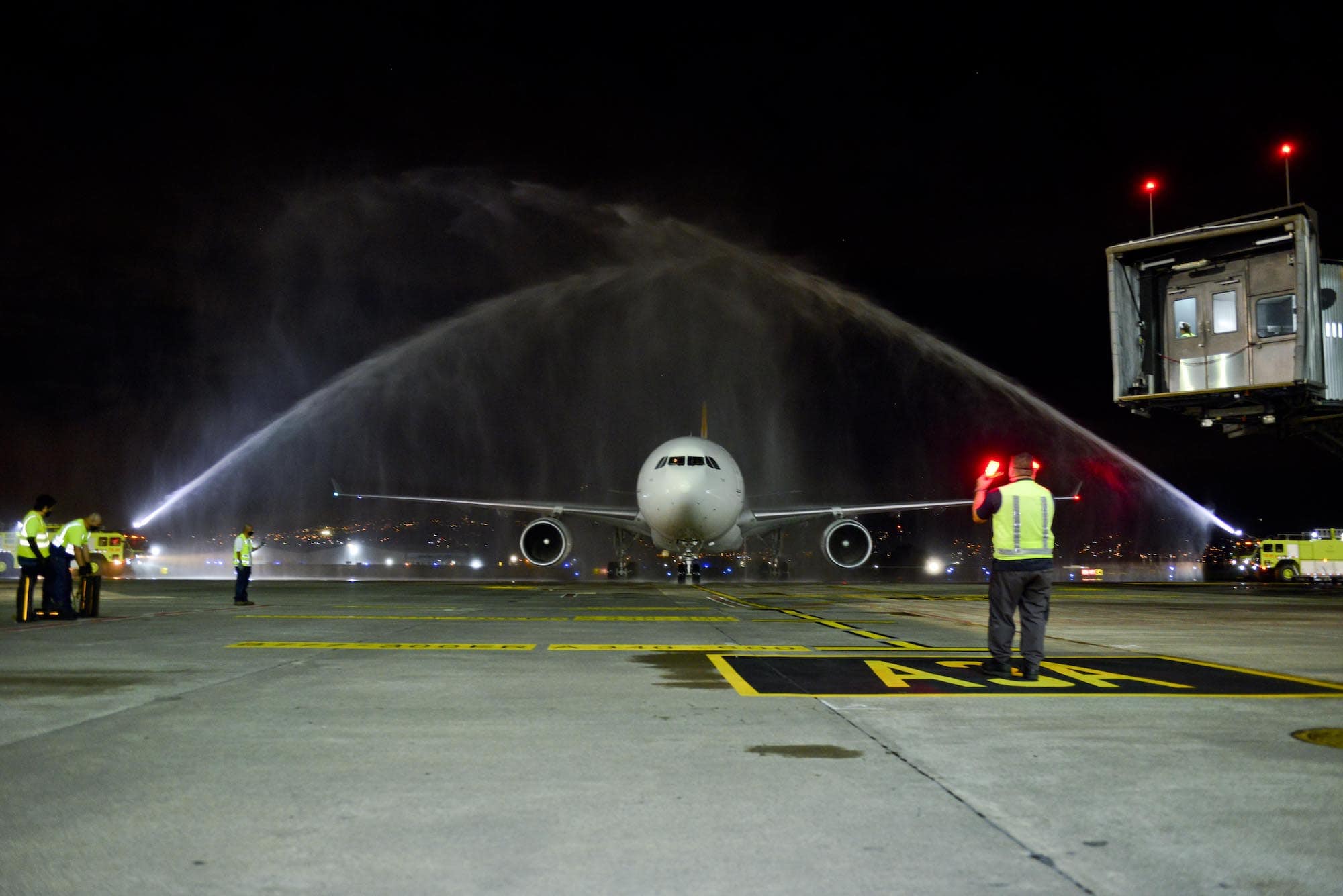Since August 1, Costa Rica has gradually allowed for tourists from select countries. Beginning in November, anyone who meets a series of requirements can visit Costa Rica.
Those entry requirements can be difficult to fulfill. Costa Rica mandates that tourists:
- Receive a negative coronavirus result via a PCR test from a sample taken within 72 hours of travel.
- Purchase travel medical insurance that covers COVID-19 related hospitalization and unexpected lodging expenses.
- Complete an online epidemiological form, known as the Health Pass.
Click here for the official description of Costa Rica’s entry requirements for tourists.
Costa Rica’s COVID policies hope to balance health with economic reactivation, but they create obstacles for potential tourists. In that context, we asked the Tourism Board (ICT) four key questions. Here’s what we learned:
TT: Can you clarify for what flight the 72-hour test sample limit applies?
ICT: “In effect, before the first flight.”
For passengers with a multi-leg journey to Costa Rica, the sample for their PCR test must have been taken within 72 hours of departure of the first flight on their itinerary. We’ve heard reports that airlines are misinterpreting the guidelines and have communicated this issue to the ICT.
TT: Are there considerations to accept other coronavirus tests?
ICT: “The test authorized by the Health Ministry is the RT-PCR, but the epidemiological solidity of alternate tests is constantly being studied.”
While the United States and many other countries utilize a wide range of coronavirus tests, Costa Rica relies almost entirely on RT-PCR tests. Tourists must have a valid negative PCR test result in order to enter Costa Rica.
RT-PCR tests are molecular tests that can show if a person has an active infection. The U.S. FDA calls them “highly accurate” but notes results can take several days — which is an issue when considering Costa Rica’s 72-hour requirement.
TT: Is Costa Rica considering offering coronavirus testing at the airport?
ICT: “At the moment, no. This not only requires a physical space, but also a significant cost that the country is not exploring right now.”
Panama recently opened its airport to international tourists. Visitors can choose to either bring a negative test result, or receive a rapid test upon arrival. While convenient for tourists, it also carries some risk: Those who test positive are required to isolate at a designated hotel/medical center for at least a week.
For now, it appears Costa Rica will not follow the Panamanian model and will continue requiring a negative test before travel.
TT: Are there discussions to eliminate the lodging expenses insurance requirement?
ICT: “We are working on technical alternatives to solve this inconvenience.”
While two Costa Rican companies (INS and Sagicor) sell pre-approved insurance policies, tourists hoping to use a non-Costa Rican policy have had difficulty finding one that covers unexpected lodging expenses. Removing or changing this requirement could help boost tourism.






